The World Federation of Science Journalists is pleased to announce the winners of the first round of Louise Behan Reporting Grants. This initiative, which supports science journalists in the Global South to report on stories of importance to a particular country or region, is the latest outgrowth of the WFSJ’s longstanding activities to train journalists around the world. Earlier this year applicants submitted descriptions of themselves, their work, and a project they would undertake using the US$750 award. The panel of judges were impressed by the high calibre of all the entries and subsequently chose these three for this honour:
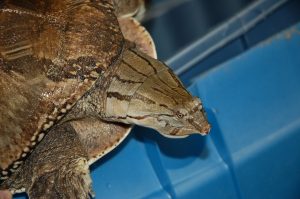
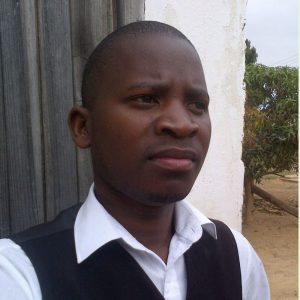
Turtles in trouble
The parasitic disease schistosomiasis is spread in Africa by snails, but its prevalence is usually limited by turtles that feed on these animals. This balance has been upset by extensive hunting of turtles for food as well as their uncontrolled export by tourists and other smugglers, which has endangered their population in the southeastern part of the continent. Malawi-based science journalist Leonard Masauli will be using his Louise Behan Reporting Grant to examine the impact of the turtles’ declining numbers on human health, as snails thrive and schistosomiasis becomes more widespread.
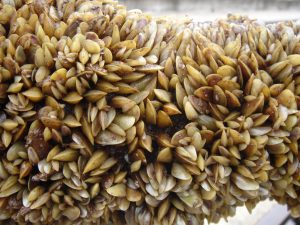
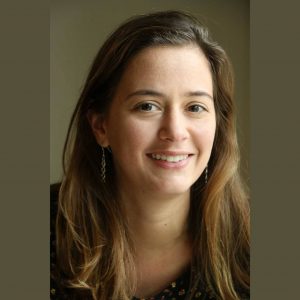
Mussels on the move
Brazilian science journalist Sofia Moutinho is familiar with the remarkable biodiversity of her country, which is why she wants to report about how an invasive species from Asia could disrupt this robust ecosystem. A tiny mollusk called the golden mussel, carried in ships’ ballast water, has spread through South American freshwater systems at a pace that has alarmed local authorities. The invaders form large reef-like structures that crowd out other inhabitants and promote damaging events like toxic algal blooms. With the support of her Louise Behan Reporting Grant, she will outline the current extent of this problem, the efforts that are being mounted to address it, and the threat that is being posed to the Amazon basin.
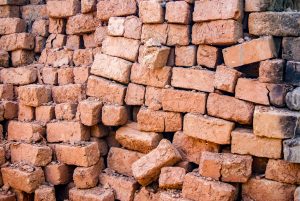
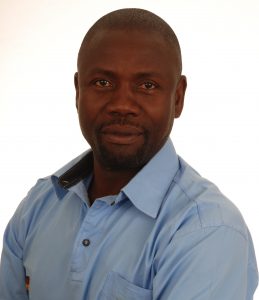
Battling a brick boom
Simple bricks made of sun-dried and burnt soil have become a preferred building material in Eastern Africa, where it has enabled individuals and communities to construct churches, schools, businesses, or homes at far less cost than could be done with concrete. However, the growth of this unregulated industry now threatens the region’s environment, as brick-makers turn rich farmlands into excavation sites that become breeding grounds for malaria-carrying mosquitoes and forests are stripped for firewood to fuel large kilns. Thanks to his Louise Behan Reporting Grant, Kenyan science journalist Wandera Ojanji will investigate the extent of this environmental damage and consider what kinds of policies or regulations might encourage alternatives to current brick-making techniques.
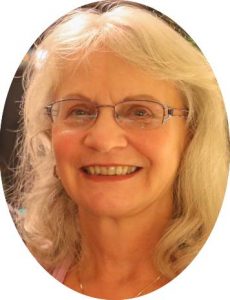
The WFSJ launched this initiative with the kind support of Louise Behan and Canada’s International Development Research Centre. Louise, who died in 2019, left a bequest specifically for this grant program. She graduated from Ottawa’s Carleton University School of Journalism in 1978, and subsequently worked for the IDRC for 13 years. The IDRC has a long history of supporting science journalism in the developing world and has been a key donor to WFSJ projects, such as SjCOOP and the 4th WCSJ in Montreal in 2004.
A distinguished committee reviewed the Terms of Reference for this new program and set criteria for judges to assess the applicants. Those assessments were subsequently conducted by a panel of judges intimately familiar with the practices and challenges facing science journalists in the Global South. They are:

Nicolás Bustamante Hernandez, a science journalist based in Bogotá, Colombia.
“It was very gratifying to learn about the incredible projects that science journalists are developing around the world and their tireless efforts to bring meaningful stories to the public, always with a clear intention to solve problems that affect their communities. It was not an easy decision to choose only three winners among so many good proposals. Best of luck to the winners in the development of their reporting and may this opportunity serve as extra motivation for them to continue working with commitment.”
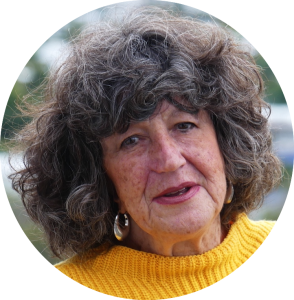
Science journalist Melody Kemp, who has reported from regularly from various southeast Asian countries for the last two decades.
“It was fabulous to be part of a team who achieved agreement and clarity in such a short time and with that to see the wide range of issues that are of concern to science journalists in the Two Thirds World. It was great to work with fellow journalists and to understand we see the world through the same hopeful spectacles. In many ways I felt it was an opportunity to give back for all the acceptance, kindness and friendship I have experienced all these years and feel it’s important to enable reporters in the two thirds world to shine, while exploring issues of importance to them. The focus on science as the framework from which to work gives the reporters more credibility and leverage — something I am happy to support.”
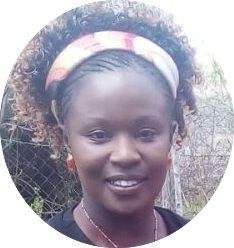
Rosalia Omungo, Chief Executive Officer of the Kenya Editors’ Guild and member of the Kenya Environment and Science Journalists Association.
“It is refreshing to note that in the midst of a pandemic, the WFSJ undertook to offer a chance for journalists from the global south to take their reporting a notch higher through the award of a reporting grant. Well done! Reading through the applications, I was amazed by the volume of talent and the diverse collection of important stories whose impact needs to be told to the globe. The story ideas were laden with surprise and insight, and I can’t wait to see the outcome of the investigations in the pitches submitted by the applicants.”
The WFSJ looks forward to providing its members with access to the articles produced by the Louise Behan Reporting Grant winners. Watch our newsletter for updates!